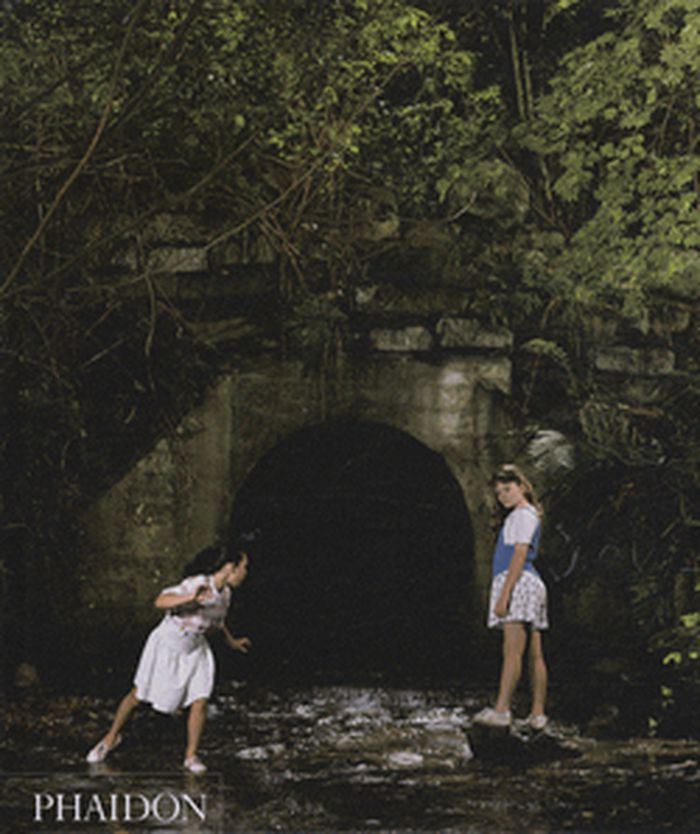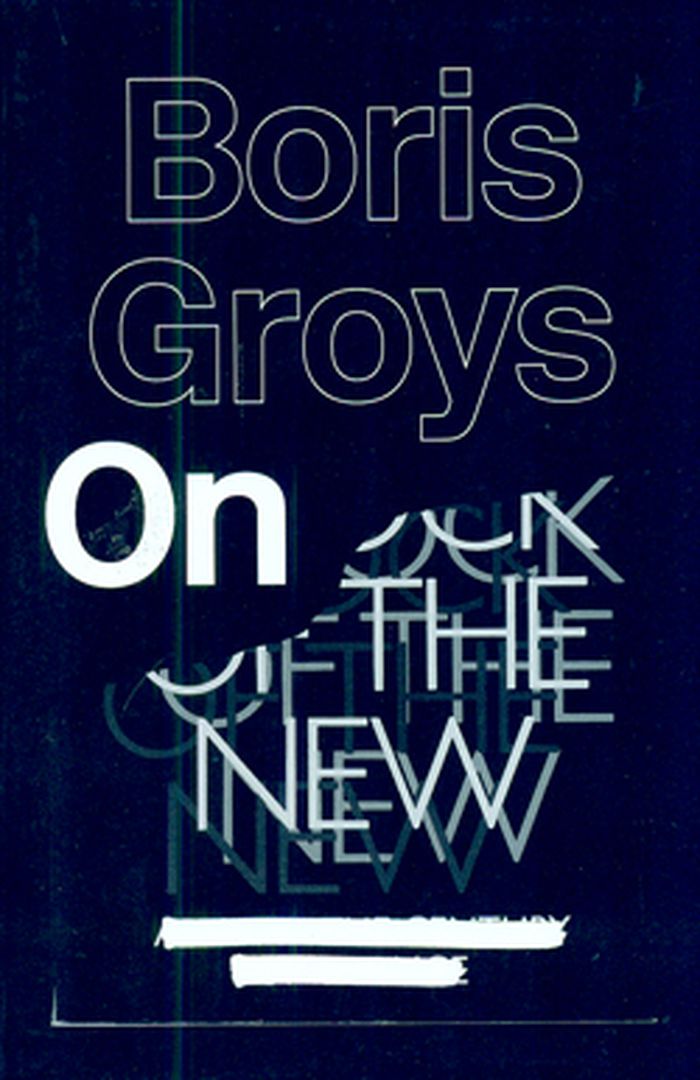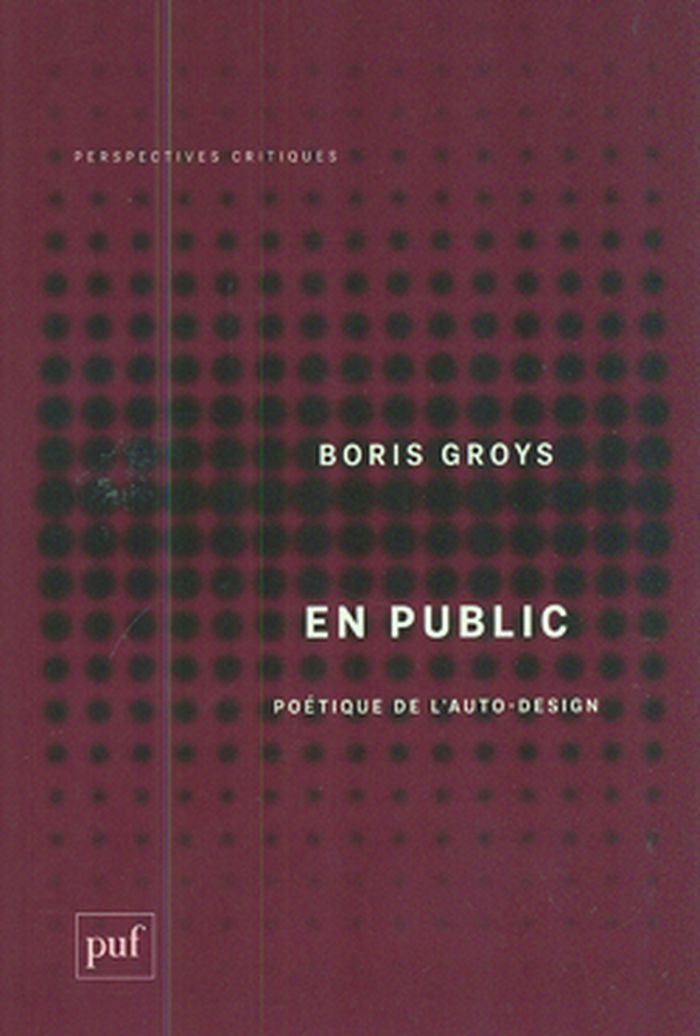$79.95
(disponible sur commande)
Résumé:
Jeff Wall: l'édition complète présente l'intégralité des oeuvres de l'artiste, de The Destroyed Room, sa photographie révolutionnaire de 1978. à une série d'oeuvres présentées ici pour la première fois. Ces images sont accompagnées d'un recueil d'entretiens et de textes consacrés à son oeuvre.
Monographies photo
septembre 2010
Jeff Wall: L'édition complète
Actions:
Prix:
$79.95
(disponible sur commande)
Résumé:
Jeff Wall: l'édition complète présente l'intégralité des oeuvres de l'artiste, de The Destroyed Room, sa photographie révolutionnaire de 1978. à une série d'oeuvres présentées ici pour la première fois. Ces images sont accompagnées d'un recueil d'entretiens et de textes consacrés à son oeuvre.
Monographies photo
On the new
$26.95
(disponible sur commande)
Résumé:
On the New looks at the economies of exchange and valuation that drive modern culture's key sites: the intellectual marketplace and the archive. As ideas move from one context to another, newness is created. This continuous shifting of the line that separates the valuable from the worthless, culture from profanity, is at the center of Boris Groys's investigation which(...)
On the new
Actions:
Prix:
$26.95
(disponible sur commande)
Résumé:
On the New looks at the economies of exchange and valuation that drive modern culture's key sites: the intellectual marketplace and the archive. As ideas move from one context to another, newness is created. This continuous shifting of the line that separates the valuable from the worthless, culture from profanity, is at the center of Boris Groys's investigation which aims to map the uncharted territory of what constitutes artistic innovation and what processes underpin its recognition and appropriation.
Théorie/ philosophie
$35.95
(disponible sur commande)
Résumé:
Nous continuons à considérer l'art en tant que spectateurs, alors que nous en sommes désormais les acteurs. Tel est l'étonnant constat dressé par Boris Groys, l'enfant terrible de la théorie de l'art contemporaine. Mais que cela signifie-t-il ? Quelles sont les conséquences, non seulement esthétiques, mais aussi politiques, de la réalisation de la prophétie de Joseph(...)
En public: poétique de l'auto-design
Actions:
Prix:
$35.95
(disponible sur commande)
Résumé:
Nous continuons à considérer l'art en tant que spectateurs, alors que nous en sommes désormais les acteurs. Tel est l'étonnant constat dressé par Boris Groys, l'enfant terrible de la théorie de l'art contemporaine. Mais que cela signifie-t-il ? Quelles sont les conséquences, non seulement esthétiques, mais aussi politiques, de la réalisation de la prophétie de Joseph Beuys, voulant que chacun devra un jour devenir artiste ? Qu'est-ce qu'un monde dans lequel les créateurs d'images sont en nombre plus important que les spectateurs ?


